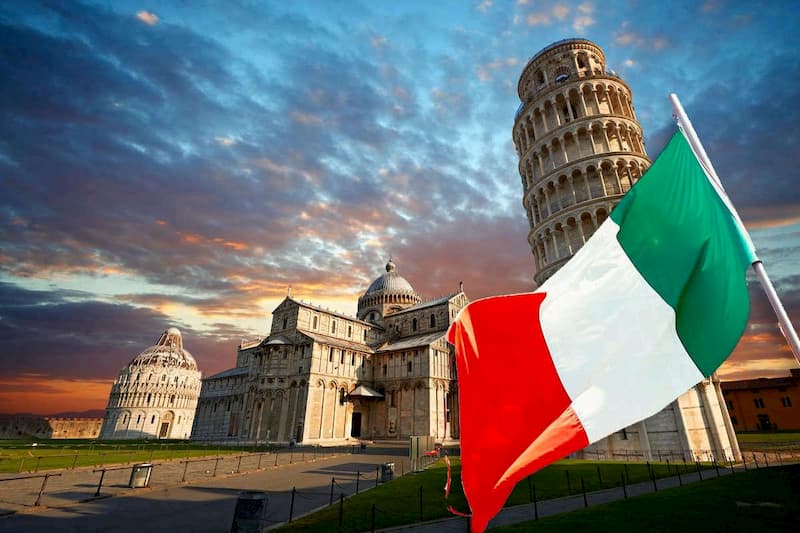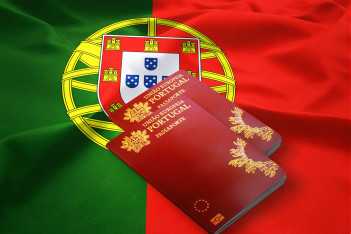I constantly strive to develop and acquire new knowledge, my experience and additional education confirm this.
Іtalian citizenship
Migration processes in Italy can be quite complicated due to various factors such as economic conditions, political situation, legislation and socio-cultural factors. Here are some key aspects of migrating to Italy:
Migration for the purpose of employment:
Many people from other countries come to Italy in search of work and employment. This may include seasonal work in agriculture, construction, hospitality and other sectors of the economy.
Migration for the purpose of education:
Italy is a popular study country for international students. Many people come to Italy to get higher education or take specialized courses.
Migration for the purpose of cooperation and business:
Some people migrate to Italy for business development, cooperation or to invest in local businesses.
Refugees and persons in need of international protection:
Italy accepts refugees and persons in need of international protection as a member of the European Union. Many people arrive in Italy via the Mediterranean in search of safety and protection.
Family migration:
Italy also receives many migrants through family migration programs, where family members who already have status in the country invite other family members to join them.
Illegal migration:
Unfortunately, Italy also faces the problem of illegal migration, where people arrive in the country without proper documents or abuse legal procedures. The Italian government regulates migration processes through legislation and programs designed to integrate migrants into the country's society and economy. However, there are challenges and problems related to migration that need attention and solutions.
Obtaining Italian citizenship can be a complex process that requires certain conditions to be met. Here are some common ways that can help you obtain Italian citizenship:
By descent (law of consanguinity):
If you have Italian ancestors (parents, grandparents), you may be eligible for Italian citizenship under the blood relationship law. This may include obtaining documents proving your ancestry and family ties.
Through marriage with an Italian:
If you marry an Italian citizen, you can apply for Italian citizenship through marriage. The procedures and requirements for obtaining citizenship through this route may vary depending on your status and other factors.
Through a court decision:
In some cases, especially if you have lived in Italy for a long time and meet certain conditions, you can apply for Italian citizenship through a court order. This path can be complicated and require proof of your connection to the country.
Through naturalization:
If you have lived in Italy for a long time (usually five years or more) and meet certain conditions, such as language, cultural and financial requirements, you can apply for Italian citizenship through the naturalization process. Official sources of information or legal counsel should be consulted for detailed information on the requirements and procedures for each of these paths to Italian citizenship.

































